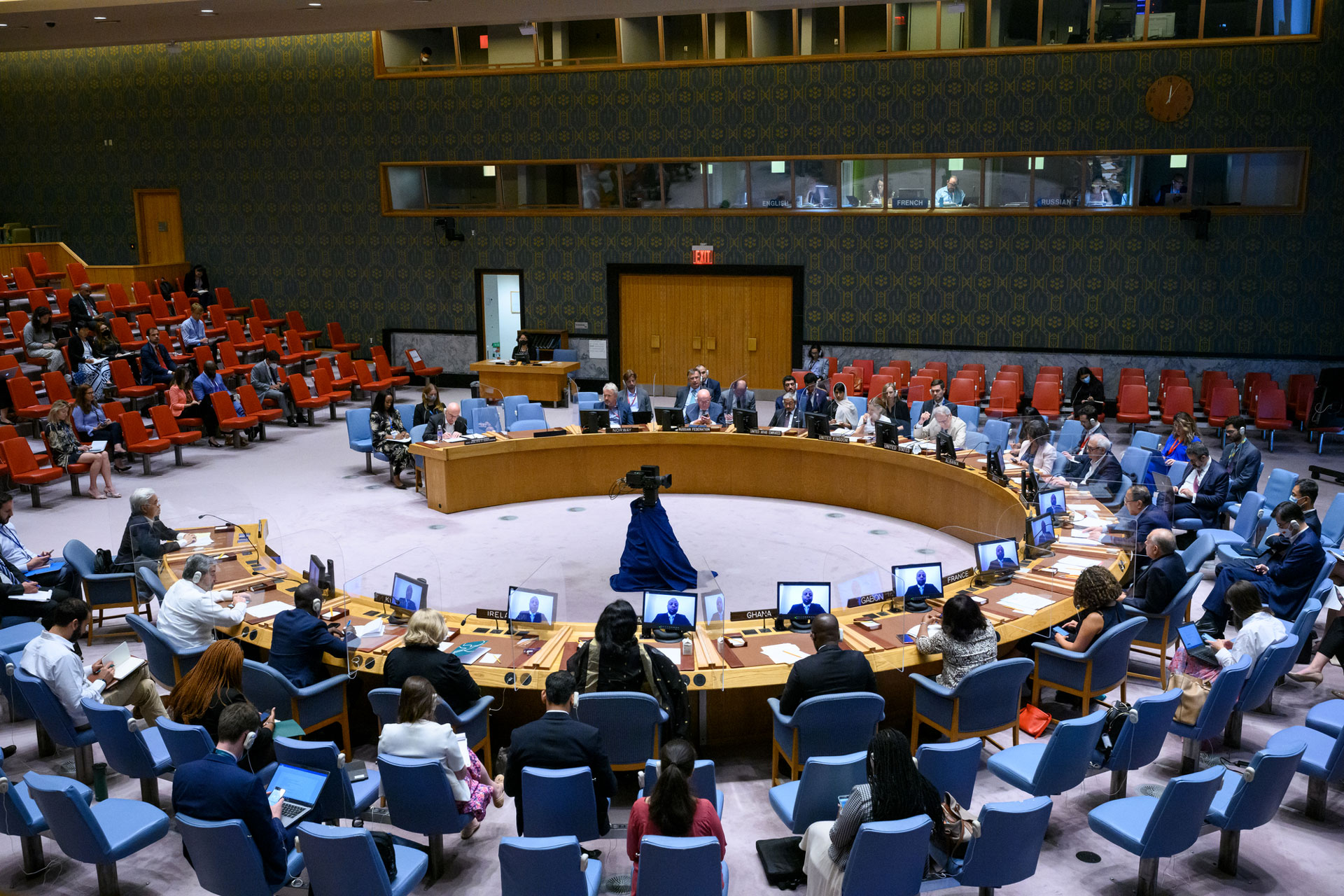World News, The United Nations Security Council (UNSC) is an essential organ of the United Nations (UN) responsible for maintaining international peace and security. It plays a crucial role in resolving conflicts and promoting stability across the globe. In this article, we will explore the powers and functions of the UNSC in detail, highlighting its efforts to peacefully resolve international disputes.

The UN Security Council is composed of fifteen member states, including five permanent members – China, France, Russia, the United Kingdom, and the United States – and ten non-permanent members elected by the General Assembly for two-year terms. Its primary responsibility is to maintain international peace and security, as stated in Article 24 of the UN Charter.
Chapter VI: Peaceful Settlement of Disputes
Under Chapter VI of the UN Charter, the Security Council has various tools at its disposal to peacefully resolve international conflicts. These tools include negotiation, mediation, and arbitration. The Council encourages parties involved in disputes to seek peaceful solutions and provides a platform for dialogue and negotiation.
Chapter VII: Action with Respect to Threats to the Peace, Breaches of the Peace, and Acts of Aggression
In more severe cases where peaceful means are inadequate, the Security Council can take action under Chapter VII of the UN Charter. This chapter empowers the Council to determine the existence of any threat to the peace, breach of the peace, or act of aggression and to recommend or take measures to restore international peace and security.
Enforcement Measures
The Security Council has the authority to impose sanctions, establish peacekeeping missions, and even authorize the use of force to maintain or restore peace. These enforcement measures are aimed at compelling parties involved in conflicts to comply with the Council’s decisions and restore stability.
Regional and Sub-regional Organizations
The Security Council recognizes the importance of regional and sub-regional organizations in the peaceful settlement of disputes. According to Article 52 of the UN Charter, the Council may utilize the services of these organizations to assist in resolving conflicts. This collaboration enhances the effectiveness and legitimacy of the Council’s efforts.
The Role of the General Assembly and the Secretary-General
While the Security Council has primary responsibility for international peace and security, the General Assembly and the Secretary-General also play significant roles. The General Assembly can discuss and make recommendations on peace and security matters, while the Secretary-General can bring potential threats to the attention of the Council and propose actions to address them.
Successes and Challenges
Over the decades, the UN Security Council has played a crucial role in resolving numerous conflicts and maintaining global peace and security. It has successfully intervened in conflicts such as the Korean War, the Gulf War, and the civil wars in Sierra Leone and Liberia. However, the Council also faces challenges, including the veto power of the permanent members, which can sometimes hinder swift and decisive action.
Conclusion
The UN Security Council is a vital institution in the international community’s efforts to resolve conflicts and maintain peace. Through its powers and functions outlined in the UN Charter, the Council strives to peacefully settle disputes, enforce decisions, and promote stability worldwide. While challenges exist, the Council’s commitment to international peace and security remains unwavering.
